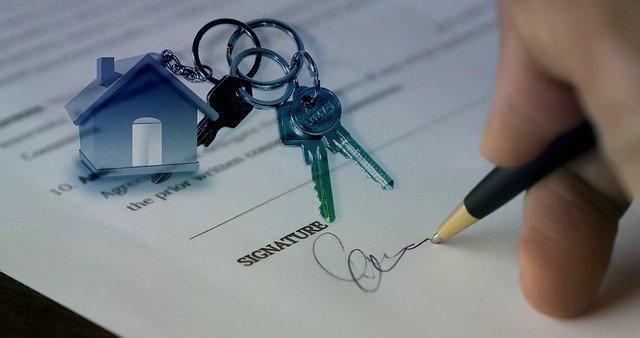
Everything you need to know about guarantors in the private rented sector.
In the private rented sector, many tenancies have guarantors, and we often get asked what the benefits are, and what responsibilities a guarantor has.
Definition according to Cambridge dictionary; in law: “someone who formally accepts responsibility for you or for something that belongs to you”

As far as rented property is concerned, a guarantor is someone who agrees to pay your rent if you don't pay it, for example, a parent or close relative. If the guarantor doesn't pay, the landlord can take them to court.
When is a Guarantor needed?
As a reputable letting agent, we don’t cut corners; referencing and checking every applicant for every rented property is paramount. However, we live in a credit-driven world, and credit scores are based on many factors, so sometimes we need to dig a little deeper before making recommendations to landlords. For example, if an applicant is relatively young or has never had any credit, they may have a low (or no) credit score. In cases like this, if the applicant passes all other references and appears to be suitable for the property, a landlord may request a Guarantor.

Responsibilities of a Guarantor
A guarantor is not only responsible for the rent, they are generally guaranteeing ALL the responsibilities of the tenant, i.e. paying the utility bills, looking after the property, and leaving it in good condition when the tenant leaves.
What some Guarantors don’t realise is that they are responsible for the WHOLE of the rent (and bills, etc) if the tenant doesn’t pay, not just their own son/daughter/niece, etc. With Assured Shorthold Tenancies (excluding individual student lets) tenants are “jointly and severally liable” – this means that, with a joint tenancy for example, if the Guarantor’s relative decides to move out mid-tenancy, the Guarantor continues to remain responsible for the whole amount of rent, etc, if the remaining occupier doesn’t pay.
This is why a Guarantor should also be fully referenced, to ensure they have a good credit history and can meet their financial commitments if they need to be called upon.
Does a Guarantor sign the Tenancy Agreement?
A Guarantor should ideally be named on the Tenancy Agreement itself, and be added as a signatory in addition to the named tenant(s), OR sign a separate Guarantor Agreement, outlining their full responsibilities.
Either way, the Guarantor is legally bound to their responsibilities, and the decision to act as a Guarantor should not be taken lightly.

How long is a Guarantor liable for?
A Guarantor is liable for the term of the tenancy, and any extension thereafter. Their liabilities don’t just automatically finish at the end of the fixed term unless otherwise agreed by all parties, they are legally bound until either the landlord or tenant(s) surrender the tenancy.
Does Rent Guarantee Insurance fulfil the same requirements?
Rent Guarantee Insurance is always recommended for every tenancy, as unforeseen circumstances can change. However, it ONLY covers the loss of rent in the event that the tenant does not pay. Furthermore, Rent Guarantee Insurance will only usually be offered if the applicants pass all credit searches and references; so a Guarantor may also be a pre-requisite of the insurance policy in some cases.
In conclusion, for Landlords, Guarantors can provide additional security with tenants whose circumstances do not fully meet the requirements. However, a commitment to become a Guarantor should not be taken lightly.
For any tenancy advice, please contact me at [email protected]










 Payment
Payment












